A Jeju Air flight from Bangkok crash-landed at Muan Airport, killing over 120 in South Korea's worst air disaster in decades. Investigations point to a bird strike or weather issues.
At least 127 people died when a Jeju Air flight from Bangkok crash-landed without landing gear at South Korea's Muan International Airport on Sunday, erupting in flames and hitting a wall, according to the national fire agency.
The crash of flight 7C2216, a Boeing 737-800 carrying 181 passengers and crew, is South Korea's deadliest air disaster in nearly 30 years.
Rescuers retrieved two severely injured crew members from the tail section before extinguishing the fire. Most of the passengers are presumed dead, and authorities have transitioned to recovery operations, searching the area for bodies possibly ejected on impact.
Preliminary investigations suggest bird strikes or weather may have caused the malfunction, with a passenger reportedly texting about a bird stuck in the wing before the crash.
The airline, founded in 2005, expressed its condolences and pledged support to victims' families.
South Korean acting President Choi Sang-mok visited the scene, and all flights at Muan airport have been suspended.
Thai authorities confirmed two Thai nationals were on board and are coordinating with South Korea to provide assistance. Boeing extended its condolences and offered support for the investigation.
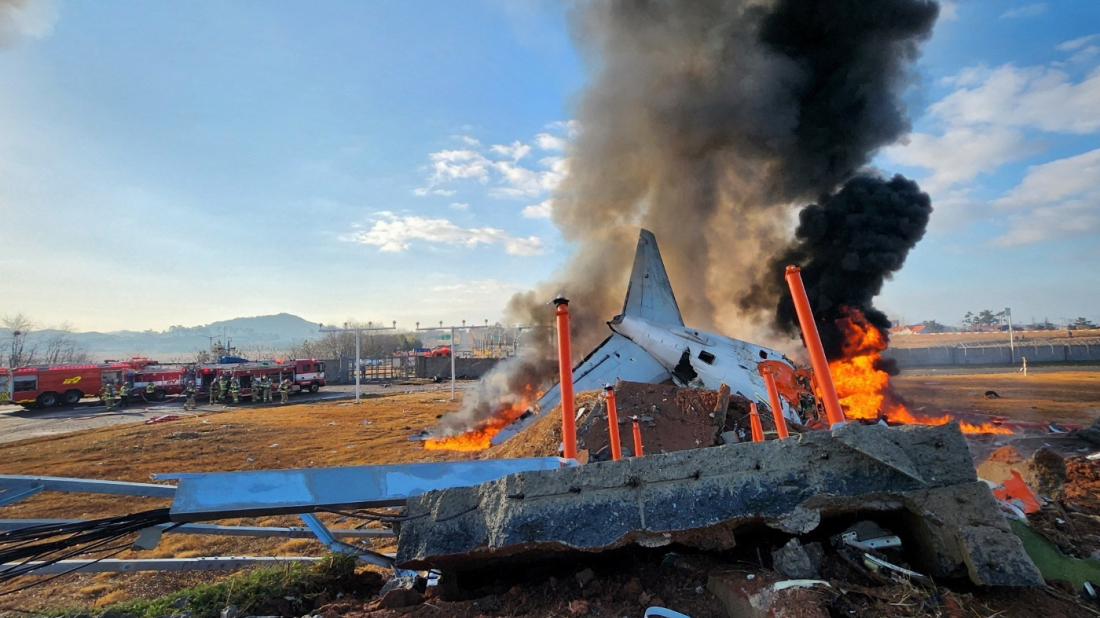



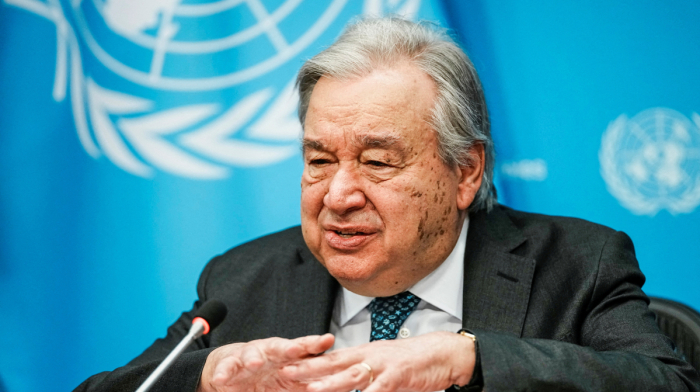

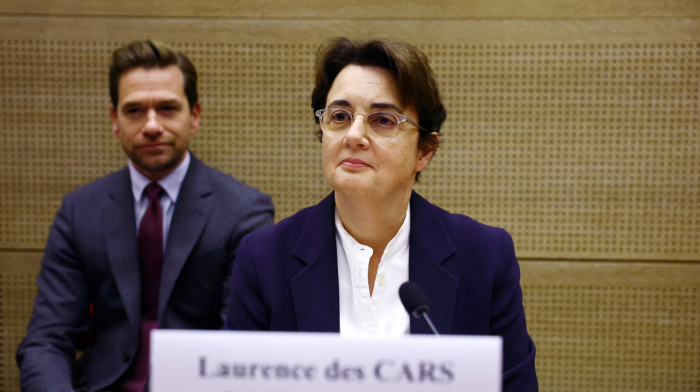
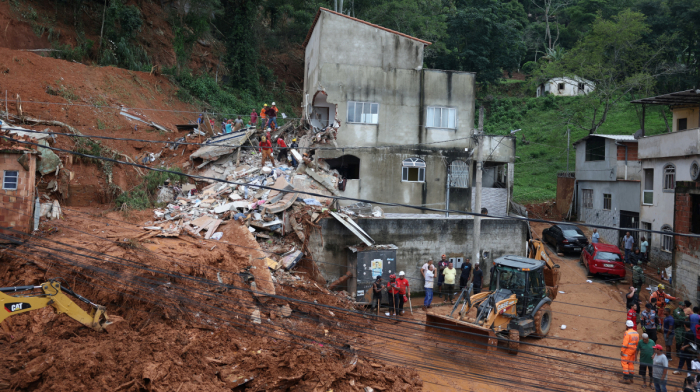
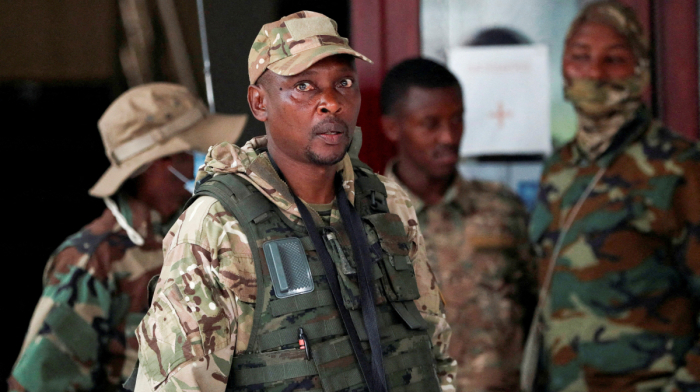

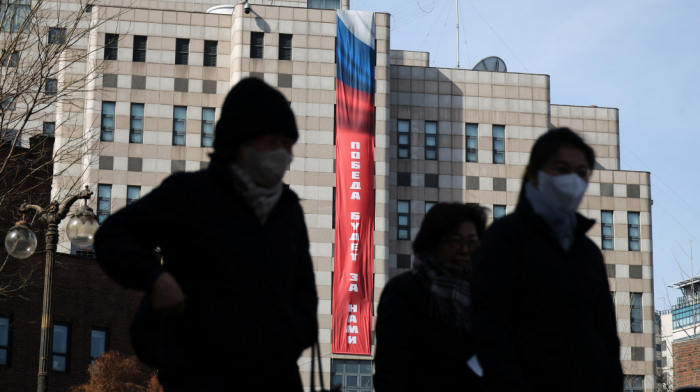
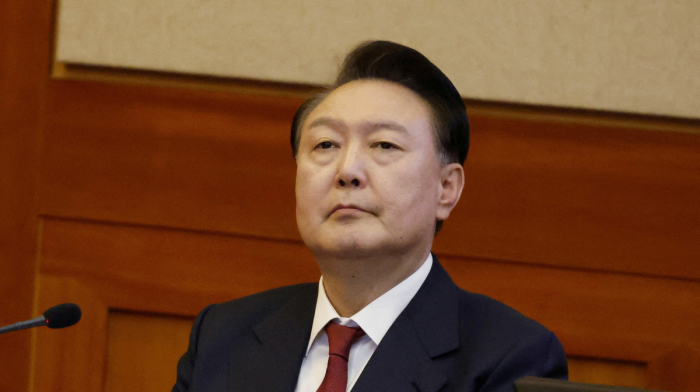
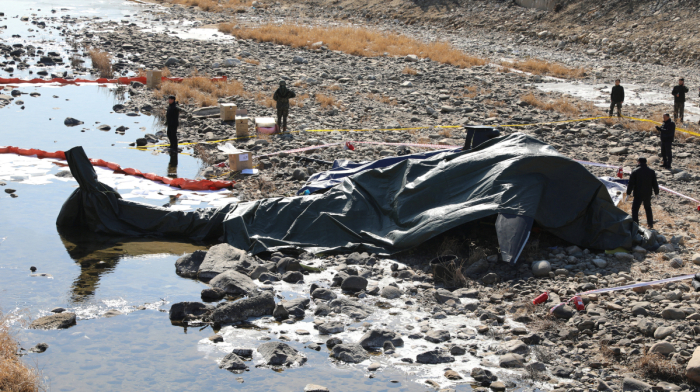
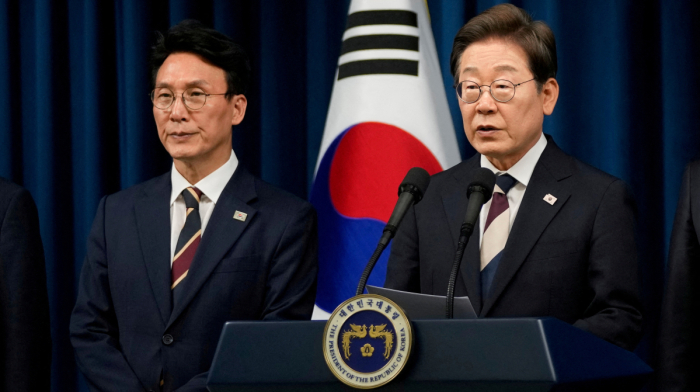


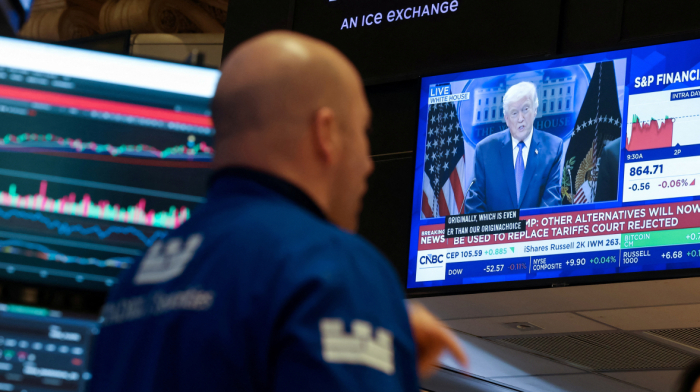
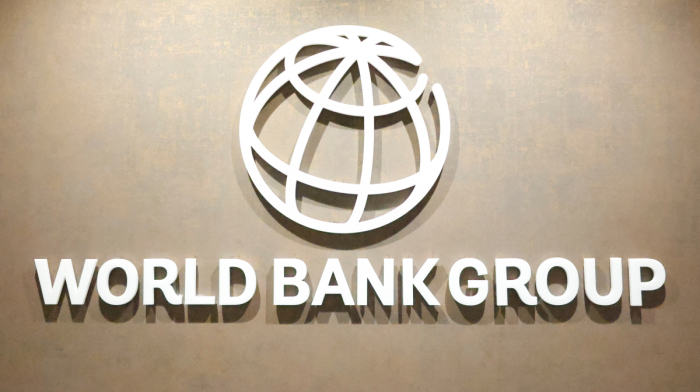
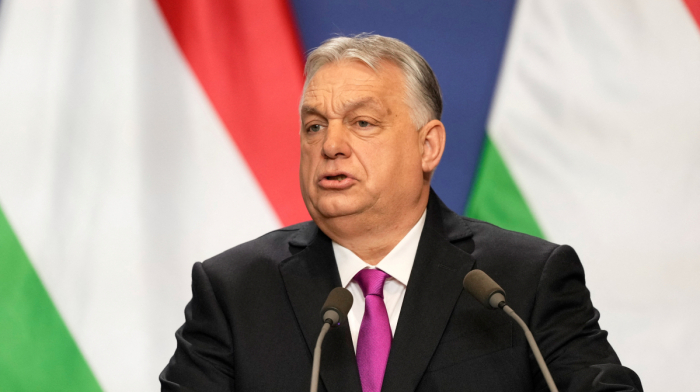



What is your opinion on this topic?
Leave the first comment